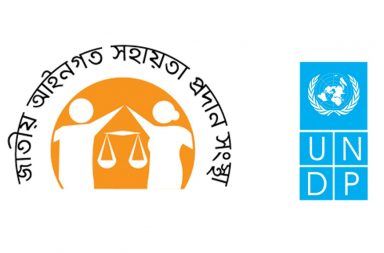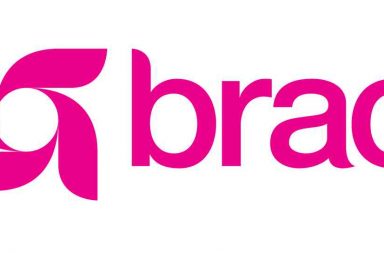FutureLaw Desk
In a very sensitive judgment with socio-political and religious significance, a single-judge Bench of the Allahabad High Court has ruled that “triple talaq is illegal and violates the rights of Muslim women”. The Court stated that no personal law board is above the Constitution (referring to the The All India Muslim Personal Law Board – AIMPLB), and the triple talaq violates the fundamental rights of Muslim women.
The judgment came after a Muslim woman filed a plea seeking annulment of the divorce given to her by her husband on pronouncing the word talaq thrice.
The All India Muslim Personal Law Board (AIMPLB) has stated that triple talaq is codified in the Sharia and hence cannot be interfered with. Maulana Khalid Rasheed Firangi Mahali, leader of the AIMPLB said that he respected the court’s verdict but will appeal against it after examining the order.
“Triple talaq is an integral part of Muslim Personal Law and the Constitution allows us to practice our faith. If eight-ten cases are filed against the practice in a population of 20 crore Muslims, I do not think it warrants a change in the triple talaq law.”
– Maulana Khalid Rasheed, AIMPLB
The Supreme Court of India is separately hearing another plea filed by Shyara Bano who has challenged the three rules related to Niqah (wedding) namely, Talaq-e-Bidat, Niqah Halala and a man’s right to have four wives. She argued that, all of these rules violate the rights guaranteed by the Constitution, including Articles 14, 15, 21 and 25.
Shaista Ambar, president of the All India Muslim Women’s Personal Law Board (AIMWPLB), stated that, “Triple talaq was against the tenets of the Quran and we have faith in the Quran. The judgment has reinforced the Muslim women’s faith in the judiciary, and it was not unIslamic.
Personal Law vs the Principles of equality and non-discrimination
According to Islamic Law, Talaq-e-bidat or triple talaq provides that a man can pronounce talaq thrice at one go to divorce his wife without waiting for her consent or giving her a chance to explain her position. Muslim women argued that this practice, which does not exist in any other Islamic country, is an incorrect interpretation of the Quran which provides that the word talaq should be uttered thrice during the period of two menstrual cycles, or tuhar.
Nikah halala (known as Hilla marriage in Bangladesh) prevents the reversal of the triple talaq pronouncement, even if it is uttered in a drunken state. It enjoins that the divorced woman cannot remarry the same man even if the two are willing. This law requires that the divorced woman marry some other man. She can remarry her first husband only after obtaining a divorce from her second husband.
The Supreme Court of India took cognizance of the case of Saira Banu who challenged the validity of triple talaq, Nikah Halala and Polugamy, and sought a response from the government. A committee was formed to examine the Muslim Personal Law.
The committee examined the provisions related to niqah, talaq and inheritance and recommended under title ‘Women and Law’ that Talaq-e-bidat and men’s right to have four wives be done away with. The report has been submitted Ministry of women and child development.
All India Muslim Personal Law Board insisted on their position in Shariah Law and stated to the Supreme Court that the Constitution provided freedom of religion as a fundamental right.
In the present case, Allahabad High Court noted that this form of “instant divorce” is “cruel” and “most demeaning” which “impedes and drags India from becoming a nation”.
Source: The India Today



